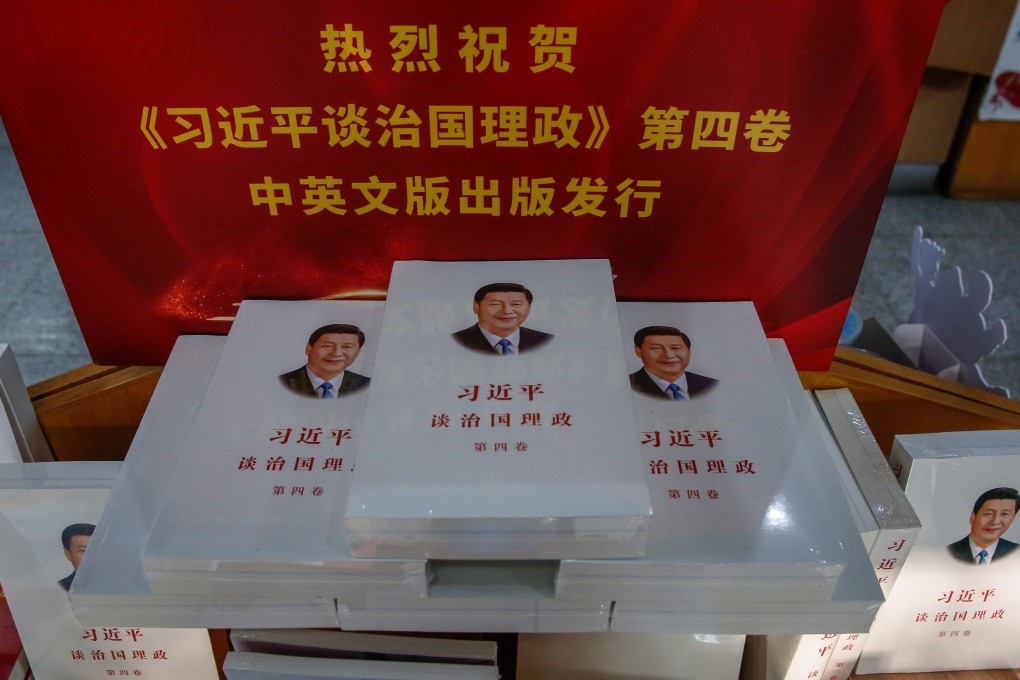US panel on China policy expresses scepticism about Beijing’s coronavirus, economic data
- Information from China can be unreliable because it is skewed by political pressure, according to some US-China Economic and Security Review Commission members
- One commissioner says of renewed US-China cooperation: ‘I do not think it can be substantial while Xi Jinping is in charge’

Distrust of Beijing was on full display on Wednesday among members of the US government’s advisory panel on China policy, with one commissioner suggesting that bilateral cooperation should wait until President Xi Jinping is no longer in power.
Many of the 12 members of the US-China Economic and Security Review Commission questioned the veracity of China’s data about its economy and Covid-19, largely attributing their scepticism to what commissioner Derek Scissors called Xi’s “cult of personality”.
Yanzhong Huang, a senior fellow for global health at the Council on Foreign Relations, suggested that, despite the many points of friction, the two sides should establish a “track 1.5 dialogue, bringing together officials, scientists, public health officials and thought leaders” aimed at ending the spread of dangerous pathogens.
“The United States might be willing to forsake the considerable benefits brought by corporations … but it cannot afford to decouple from China in public health because China is considered one of the biggest risk factors for global health security” because of its large population, said Huang, one of nine witnesses at the hearing.
However, the commissioners pursued lines of questioning that reflected their concern that any data that Beijing might share, including economic statistics and Covid-19 mortality, would be unreliable at best because, they said, it is skewed by political pressure.
